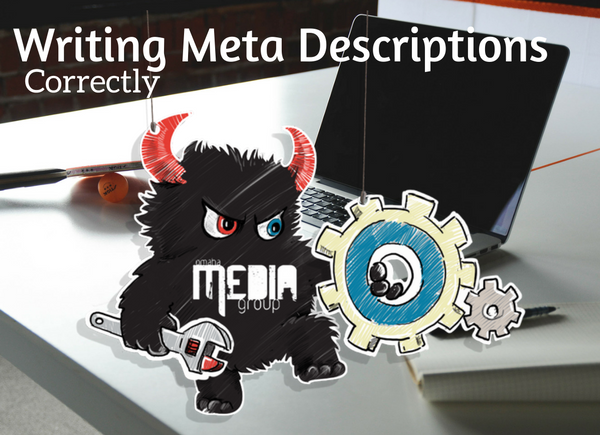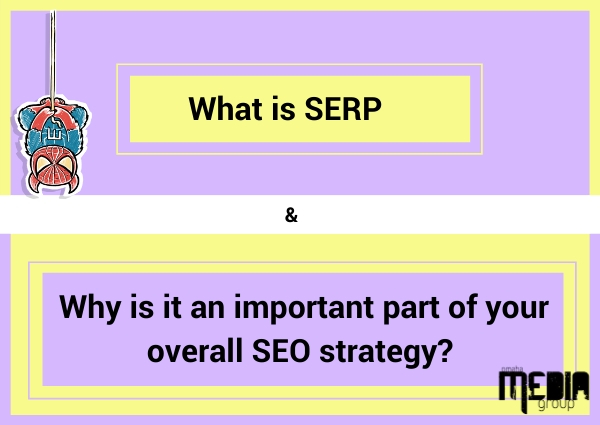 https://www.omahamediagroup.com/images/uploads/monster_gallery/Omaha-Media-Group-Black.jpg
admin
https://www.omahamediagroup.com/images/uploads/monster_gallery/Omaha-Media-Group-Black.jpg
admin
Why are Meta Descriptions Important and How to Write Them Correctly

Meta-descriptions are often ignored by SEO experts because many believe they don’t have a direct impact on the search engine ranking of a page. Although it is true that search engine algorithms do not directly factor in the meta-description of a page, it is also true that the meta-description is an important part of a meta-tag as it helps to improve the click through rate of a page.
What is a meta-description?
A meta-description is a small snippet of text that appears below the URL of a page which appears on a search engine ranking page. It is a snippet which is embedded in the HTML code of the web page and describes or summarizes the contents of the page. It helps the searcher to make up his mind whether he would like to click the page or not. So, although it may not have a direct bearing on SEO, its importance should not be underestimated.
Why should meta-description be optimized?
Even though most search engines like Google and Bing don’t consider meta-description as a ranking parameter, they consider click-through rate in their algorithm. And, it goes without saying that, meta-descriptions play the most important role in CTRs. Of the three things that make up a SERP entry are the page title, the URL and the meta-description. The meta-description gets the maximum space and it can, therefore, influence user behavior (CTR in this case) to the greatest degree.
A search engine decides whether a page listed on the SERP is a good match to a query by the number of clicks the page attracts. So, it becomes obvious that meta-description does have an impact on the ranking of a page. Moreover, keywords used in a meta-description are highlighted in bold. So, they also help search engines to decide how good the page matches to the query and the importance of keywords in SEO is a well-documented fact.
How to write better meta-descriptions?
1. Persuasion
A good meta-description should be subtly persuasive. It has to nudge the searcher to click the page link. You don’t need to include a prominent CTA but at least be unambiguous about what the searcher can expect from your page and how it can help them.
2. Mind the length
A meta-description should ideally contain 135-160 characters including blanks. Any longer and the end portion will be snipped off. That would defeat the purpose of writing the meta-description because the reader may not be able to make complete sense from the visible portion of the total meta-description.
3. Write for the searcher and not the search engine
A meta-description should be explanatory and welcoming. A searcher should feel that the page owner cares about their needs and have the right solution for his or her problem(s). Just trying to rank your page at the top using a key phrase, which doesn’t make much sense, will not help because the ultimate aim should be to make searchers click the link.
4. Keywords
The copy of the meta-description needs to have the relevant keywords which match the query. That is how the searcher can make sure whether clicking the site will be worth their time and effort. Google also highlights certain keywords or phrases in the snippet to help searchers.
A meta-description is often overlooked but you should not make the same mistake if you really care to increase the traffic to your page. Higher SERP can increase the visibility of your page but there is no guarantee that a searcher will be tempted to click it. Only a meta-tag which includes the meta-description will ensure that.
Can we help you with your meta-descriptions? Contact us today! {contact-form}
Hire the team to help you with your website, app, or other marketing needs.
We have a team of digital marketers who can help plan and bring to life all your digital marketing strategies. They can help with social media marketing, email marketing, and digital advertising!
CONTACT US




Comments